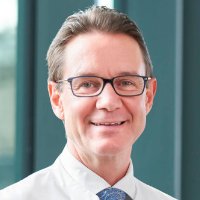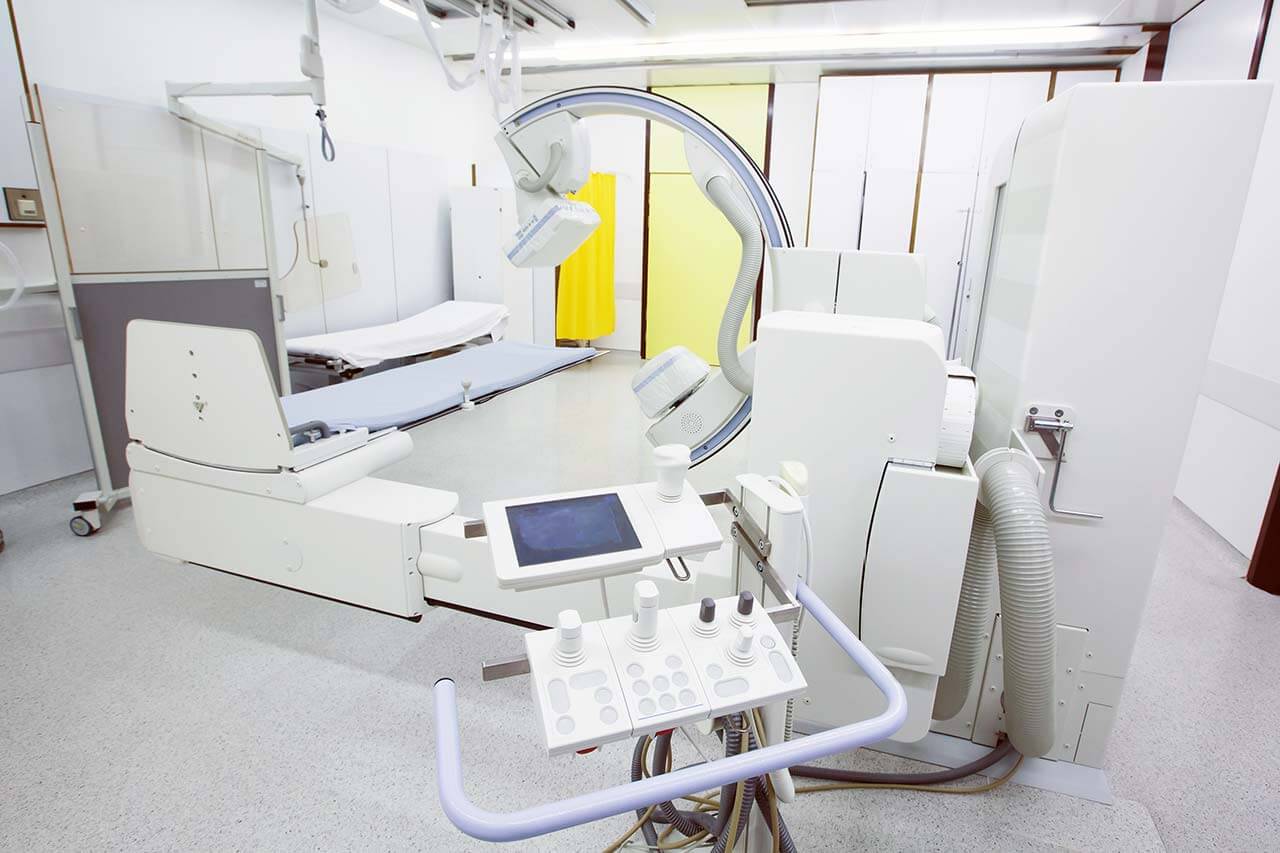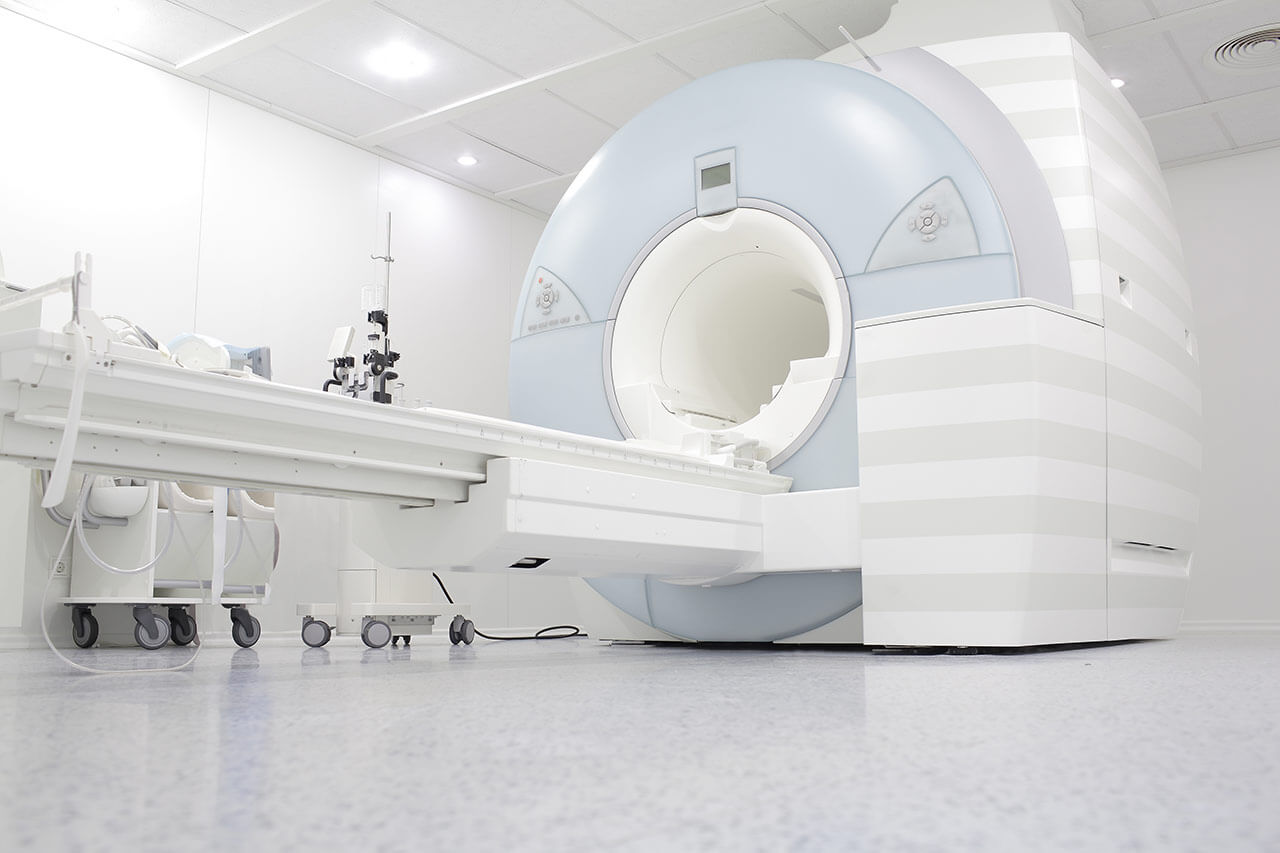
The program includes:
- Initial presentation in the clinic
- clinical history taking
- review of medical records
- physical examination
- laboratory tests:
- complete blood count
- biochemical analysis of blood
- thyroid function test (TSH-basal, fT3, fT4)
- mineral metabolism analysis (Na, K, Ca, Mg)
- lipid metabolism (HDL/LDL, cholesterol, triglycerides,
Lip(a), homocysteine) - iron content (ferritin, iron)
- blood coagulation analysis (aPTT, PT, INR)
- metabolic status (uric acid, total glucose, HbA1c)
- inflammatory parameters (CRP, ESR)
- cardiovascular disease risk markers
- vascular system assessment
- lung function test (Spirometry)
- resting and exercise ECG
- vessel elasticity measurement
- Holter monitoring (24h)
- body fat and water examination
- color doppler echocardiography
- color doppler sonography of cerebral vessels
- coronary angioplasty with stents placement
- symptomatic treatment
- control examinations
- the cost of essential medicines and materials
- nursing services
- full hospital accommodation
- explanation of future recommendations
- written statement
Required documents
- Medical records
- ECG (if available)
- Echocardiography (if available)
- Coronary angiography (if available)
Service
You may also book:
 BookingHealth Price from:
BookingHealth Price from:
About the department
The Department of Cardiology and Angiology at the Hannover Medical School provides modern diagnostics, prevention and treatment of heart and vascular diseases. The main areas of specialization of the medical facility include the treatment of acute myocardial infarction, chronic heart failure, cardiomyopathies, heart arrhythmias, congenital heart defects in adults, atherosclerosis, occlusive peripheral arterial disease, thrombosis, varicose veins and other pathologies. The department's highly qualified doctors have a wide arsenal of advanced conservative and interventional treatment methods to avoid classic open surgery. The department is focused on providing individualized, top-class medical care using modern treatment methods and state-of-the-art equipment, as well as on involving the best doctors with rich clinical experience to the process. The medical facility strictly adheres to the current clinical protocols and recommendations of professional societies, so patients can count on the effective and safe treatment. The department is headed by Prof. Dr. med. Johann Bauersachs.
The department offers extensive opportunities in interventional cardiology. For this purpose, it has three modern catheterization laboratories, including a hybrid cardiac catheterization laboratory with state-of-the-art imaging systems and a laboratory for electrophysiological studies. It is worth noting that the department has the status of Interventional Cardiology Training Center certified by the German Cardiac Society. Interventional diagnostic procedures (angiography, intravascular ultrasound, optical coherence tomography) are performed for suspected pathologies of the coronary vessels, heart valves and heart chambers, if classical diagnostic methods (echocardiography, electrocardiography, Holter monitoring, etc.) do not allow the doctors to obtain the necessary clinical data to make an accurate diagnosis. The department's specialists perform a variety of therapeutic interventional catheter procedures, including stent implantation, balloon dilation, coronary lithoplasty and rotablation, procedures for patent foramen ovale closure and correction of atrial septal defects, transfemoral aortic valve replacement, percutaneous mitral valve interventions, interventional correction of paravalvular leaks and others. Cardiac catheterization laboratories are also designed for providing emergency medical care for patients with myocardial infarction and cardiogenic shock.
An important area of work of the medical facility is the diagnostics and treatment of cardiac arrhythmias (heart rhythm disorders). The department includes a specialized center for the treatment of patients with arrhythmias. The center carries out comprehensive diagnostics, which allows the doctors to determine the exact type of heart rhythm disorders, as well as the necessary therapeutic measures. In addition, the specialists perform interventions to implant pacemakers, defibrillators and systems for electrotherapy for heart failure.
The experts in angiology are responsible for the treatment of patients with diseases of the arteries, veins and lymphatic vessels. Of particular interest is the therapy of peripheral arterial occlusive disease, atherosclerosis and thrombosis. The department's medical team applies the full range of non-invasive diagnostics for detecting circulatory disorders (Doppler ultrasonography, color transcranial Doppler ultrasonography, venous occlusion plethysmography, light reflection rheography, capillary microscopy, transcutaneous oxygen tension measurement, etc.). The treatment of early stages of vascular diseases usually involve the use of conservative therapy, while severe types of pathologies in this field require interventional procedures – balloon dilation and stent implantation. The department's angiologists cooperate closely with the Department of Diagnostic and Interventional Radiology, as well as with specialists in the field of vascular surgery.
The department's range of medical services includes:
- Cardiology
- General cardiac diagnostics
- Echocardiography
- Electrocardiography, including stress electrocardiography, Holter monitoring
- Spiroergometry
- Cardiac MRI
- Interventional cardiac diagnostics
- Angiography
- Intravascular ultrasound scanning
- Optical coherence tomography
- Interventional therapeutic procedures for the treatment of heart disease
- All types of percutaneous interventions for coronary stenosis and stent implantation, including vascular imaging, rotablation, bioresorbable stent implantation, coronary lithoplasty
- Treatment of structural heart disease: closure of persistent foramen ovale, atrial septal defect, transfemoral aortic valve replacement, treatment of mitral valve pathologies using MitraClip system
- Emergency care for myocardial infarction and cardiogenic shock, including the implantation of cardiac support systems (microaxial pump)
- Closure of the atrial appendage in atrial fibrillation
- Diagnostics and treatment of cardiac arrhythmias (heart rhythm disorders)
- Implantation of defibrillators
- Implantation of pacemakers
- Follow-up care after implantation of defibrillators and pacemakers
- Cardiac resynchronization therapy
- Placement of occluder
- Intensive care and emergency medical care (for example, for cardiac arrest)
- General cardiac diagnostics
- Angiology
- Diagnostics
- Doppler ultrasonography
- Transcranial colour Doppler
- Venous occlusion plethysmography
- Light reflection rheography
- Capillary microscopy
- Transcutaneous oxygen tension measurement
- Treatment
- Drug therapy
- Balloon dilatation
- Stent implantation
- Diagnostics
- Other diagnostic and therapeutic options
Curriculum vitae
Professional Career
- 1993 Doctoral thesis defense (magna cum laude).
- 1993 - 1995 Intern, Department of Internal Medicine IV, University Hospital Frankfurt.
- 1995 Admission to medical practice.
- 1995 - 1996 Research Fellow, Center for Psychology, University Hospital Frankfurt.
- 1996 - 1999 Assistant Physician, Department of Internal Medicine II, University Hospital Mannheim.
- 1999 - 2003 Assistant Physician, Department of Internal Medicine, University Hospital Wuerzburg.
- 1999 - 2004 SFB 355 Scientific Secretary.
- 2000 Board certification in Internal Medicine.
- 2002 Specialization in Cardiology.
- 2003 - 2010 Senior Physician of the Department of Cardiology, University Hospital Wuerzburg.
- 2006 - 2010 SFB 688 Scientific Secretary.
- 2001 Habilitation, Internal Medicine, Venia Legendi and appointed as PD.
- 2008 - 2010 Managing Senior Physician of the Department of Cardiology, University Hospital Wuerzburg.
- 2008 Extraordinary Professorship.
- 2008 Additional qualification in Internal Intensive Care.
- 2010 Invitation to the position of W3 Professor (Cardiology, Angiology), Giessen University.
- Since 2010 W3 Professor and Head of the Department of Cardiology and Angiology at the Hannover Medical School.
- Since 2014 Additional qualification in Interventional Cardiology, certificate of the German Cardiac Society.
- Since 2018 Additional qualification in heart failure treatment, certificate of the German Cardiac Society.
Patents
- PCT/EP2007/008772: microRNA for the diagnostics and treatment of heart disease.
- PCT/EP2009/051986: microRNA and its diagnostic and therapeutic targets.
Research Interests
- Acute coronary syndrome.
- Left ventricular remodeling.
- Acute and chronic heart failure.
- Intensive care in cardiology.
- Pathophysiology and treatment of postpartum cardiomyopathy.
- Mechanisms associated with aldosterone and mineralocorticoid receptors.
Awards and Prizes
- 2001 Oskar Lapp Prize of the German Cardiac Society.
- 2004 Albert Fraenkel Prize of the German Cardiac Society.
- 2006 Parmley Award of the American College of Cardiology.
- 2007 Encouragement Prize of the Foundation for Patients with Diabetes Mellitus and Cardiac Pathology.
- 2012 Bernard and Joan Marshall Award for Excellence in Research, British Cardiovascular Intervention Society.
- 2018 Paul Morawitz Prize of the German Cardiac Society.
- 2019 Honorary Membership of the Romanian Society of Cardiology.
- 2021 Silver Badge of Honour of the German Cardiac Society.
Memberships in Professional Societies (selected)
- Fellow of the American Heart Association.
- Fellow of the European Society of Cardiology.
- Member of the German Cardiac Society.
- Member of the German Society for Research on Cardiovascular Diseases.
- Member of the German Society of Internal Medicine.
- Member of numerous Working Groups and Editorial Boards.
Photo of the doctor: (c) Medizinische Hochschule Hannover (MHH)
About hospital
The Hannover Medical School has the status of a leading German medical facility. The advanced medical technologies, highly qualified specialists, as well as productive research activities form a solid basis for top-class medical service of the world standard. The hospital is proud of its outstanding achievements in the treatment of cancer, diseases of the lung, heart, kidney, liver and metabolic disorders, as well as surgical diseases.
The medical facility diagnoses and treats more than 63,000 inpatients and about 470,000 outpatients annally. These indicators are growing steadily, which indicates the reputability and prestige of the hospital in the European medical arena.
For decades, the hospital has been a pioneer in transplantation medicine and is one of the leading centers of this specialization in the world. It performs about 400 transplantations of solid organs annually. Also, the hospital has performed over 130 bone marrow transplantations. In addition, the hospital ranks among the world leaders in cochlear implantation for the treatment of hearing loss.
Much attention is paid to interdisciplinary cooperation. Since 2016, the hospital has the largest certified Cancer Center in the Federal State of Lower Saxony, which provides comprehensive, multidisciplinary medical care in accordance with the standardized protocols of cancer societies.
The specialists of the hospital offer patients not only modern treatment of the highest quality, but also attentive care, sympathetic attitude to the patient's problems and understanding of his individual needs. Thus, the patient can be sure that his health is in the safe hands of highly qualified doctors.
Photo: (c) depositphotos
Accommodation in hospital
Patients rooms
The patients of the Hannover Medical School live in comfortable and cozy rooms. Each patent room has an ensuite bathroom with shower and toilet. A standard patient room includes an automatically adjustable bed with an orthopedic mattress, a bedside table, a wardrobe, a TV and a telephone. You can use TV, telephone and Internet using a special chip card, which can be purchased at self-service terminals or ordered at the service counter. The hospital allows the patients to use mobile phones, with the exception of intensive care units, some departments and diagnostic rooms.
If desired, the patient can stay in an enhanced-comfort room. Such rooms are distinguished by a more sophisticated design, and are additionally equipped with upholstered furniture, a safe for storing valuables and a mini fridge.
Meals and Menus
The patient and the accompanying person are offered delicious and balanced three meals a day. Breakfast and dinner are served buffet style and lunch can be chosen from three set menus. All dishes are prepared by professional chefs using the freshest ingredients available in the region.
If you are on a specific diet for some reason, you will be offered an individual menu. Please inform the medical staff about your dietary preferences prior to the treatment.
Further details
Standard rooms include:
Religion
There is a chapel on the territory of the hospital, where Christian and Catholic services are regularly held. The hospital provides a prayer room for followers of Islam, which is open for visits 24 hours a day.
Religious services can also be provided upon request.
Accompanying person
During an inpatient program, an accompanying person can stay with you in the patient room or in a hotel of your choice.
Hotel
During an outpatient program, you can stay in a hotel of your choice. The managers will help you choose the most suitable options.




